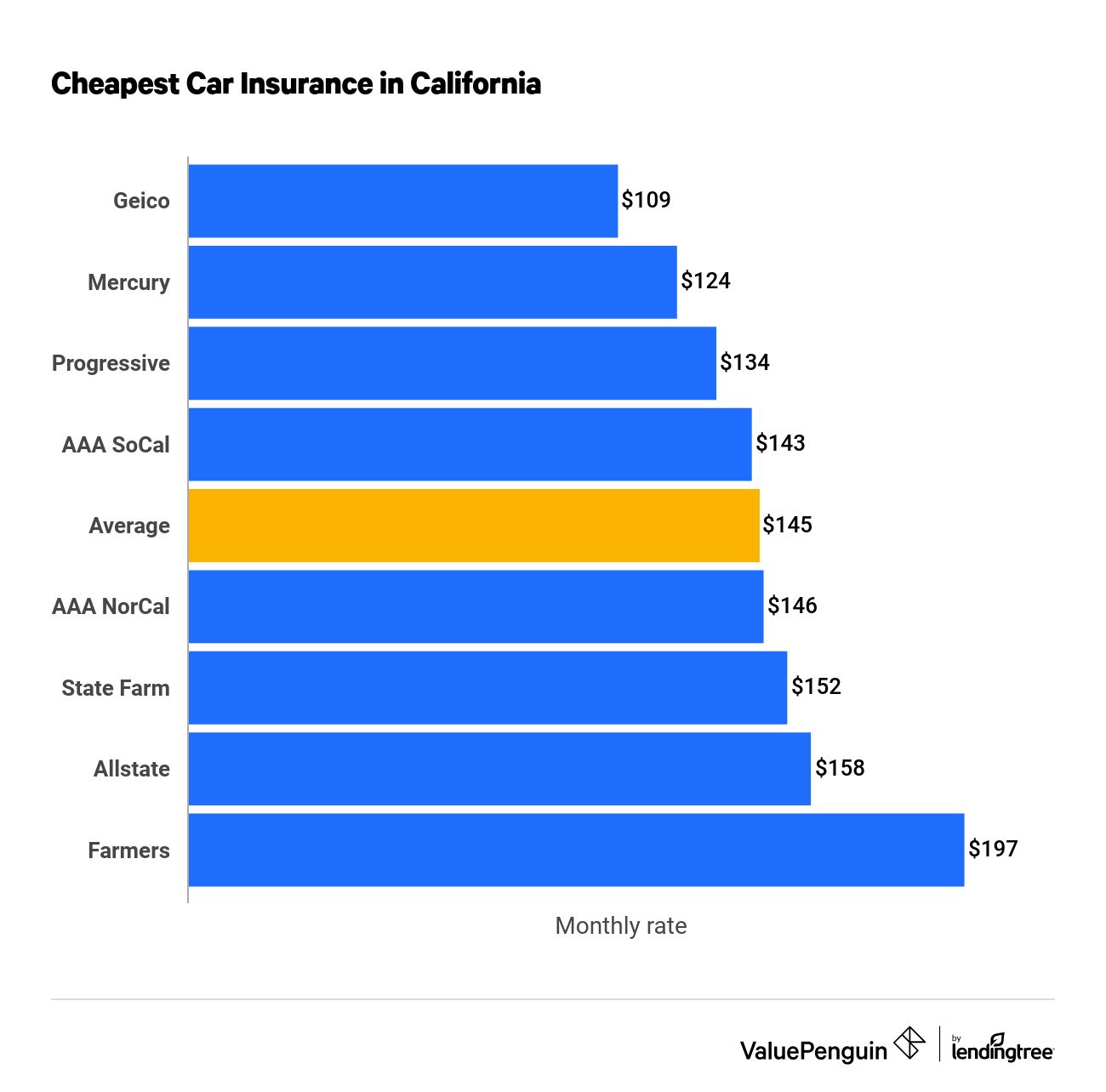Understanding Average Car Insurance Coverage in California
Car insurance is a necessary expense for drivers in California. It provides financial protection in case of accidents, theft, or damage to your vehicle. However, with numerous insurance options available, it can be overwhelming to determine the right coverage for your needs. This article will provide an overview of average car insurance coverage in California, helping you make an informed decision.
Liability Coverage:
Liability coverage is mandatory in California. It covers bodily injuries and property damage caused to others in an accident where you are at fault. The minimum liability coverage required by law is $15,000 for injury or death per person, $30,000 for injury or death per accident, and $5,000 for property damage.

Collision Coverage:
Collision coverage pays for repairs or replacement of your vehicle if it is damaged in a collision, regardless of who is at fault. This coverage is optional but highly recommended, especially if you have a new or valuable car. The cost of collision coverage depends on factors such as your vehicle’s value and deductible amount.
Comprehensive Coverage:
Comprehensive coverage protects your vehicle against non-collision events such as theft, vandalism, fire, or natural disasters. Like collision coverage, it is optional but can provide valuable peace of mind. The cost of comprehensive coverage depends on factors such as your vehicle’s value, deductible amount, and your location’s risk factors.
Uninsured/Underinsured Motorist Coverage:
Uninsured/underinsured motorist coverage protects you if you are involved in an accident with a driver who has no insurance or insufficient coverage. It covers medical expenses, lost wages, and damages to your vehicle. While not mandatory, it is highly recommended as it safeguards you against potential financial hardships.
Medical Payments Coverage:
Medical payments coverage, also known as personal injury protection (PIP), covers medical expenses for you and your passengers, regardless of who is at fault. It can also cover lost wages and funeral expenses. California does not require this coverage, but it can be beneficial, especially if you do not have health insurance.
It is important to note that the average car insurance coverage in California can vary depending on various factors such as your driving record, age, location, and the insurance company you choose. Additionally, other optional coverages and endorsements such as rental reimbursement, towing, and roadside assistance are available and should be considered based on your individual needs.
When considering car insurance coverage in California, it is advisable to shop around and compare quotes from different insurance providers. This will help you find the best coverage at the most competitive rates. Additionally, it is crucial to review your policy regularly to ensure it meets your changing needs and circumstances.
In conclusion, understanding average car insurance coverage in California is essential for all drivers. By familiarizing yourself with the mandatory and optional coverages available, you can make an informed decision that provides adequate protection for you, your passengers, and your vehicle on the roads of California.